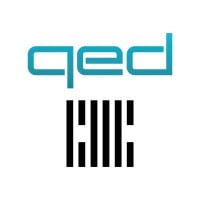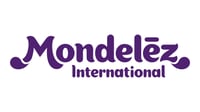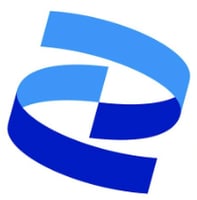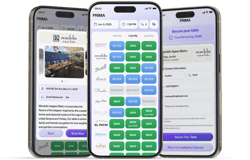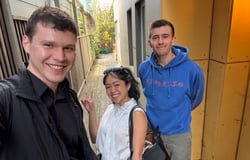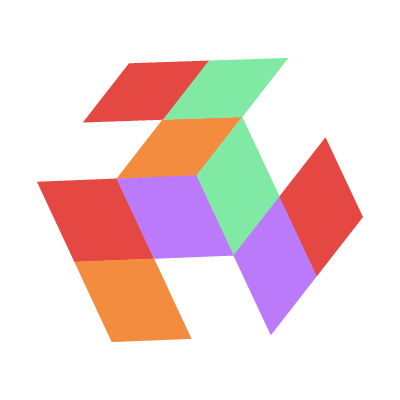QED.ai (https://qed.ai) is a tech company focused on public health and food security in Sub-Saharan Africa. We build the digital infrastructure and AI used at the intersection of aid and scientific inquiry, including in-situ nutrient analysis of crops and soils, and surveillance of HIV and malaria at national-scale in multiple African countries. Our funding comes from philanthropic and governmental organizations such as the Gates Foundation, the Polish Ministry of Agriculture, EU funding, the Global Fund, and many more.
We are looking for an Information Specialist to join our team in Warsaw, Poland or Lilongwe, Malawi, to create effective and practical strategies for organizing vast troves of information in both the health and agricultural sciences.
BackgroundThe Global South and the African continent is peppered with vast mountain ranges of disorganized paper-based data. These handwritten forms are not going away anytime soon due to systemic weaknesses in electrical, networking, and computer infrastructure. And yet, every sector of government, including the Ministries of Health, Agriculture, and Education, desperately need data to optimize their programs under increasingly strained budgets.
At QED.ai we have been designing smart forms to electronically capture handwritten data at national scale. Now, we are looking for Library Science and Information Architecture students and graduates who welcome the challenge of organizing this growing body of information.
You’ll contribute to building well-structured, intuitive tools for capturing data efficiently, and standardizing unique identifiers for specimens, patients, cards, pages, books, diseases, diagnoses, and treatments. This data must be made searchable, sortable, and linkable to quickly identify trends and patterns. You’ll work closely with end users to understand their needs and help them extract relevant information.
Scope of WorkAssist with the co-design of data capture and data management solutions for our clients. This design should incorporate crafting of questionnaires, layout of data elements, visual aesthetics, specimen identifiers, the speed of healthcare workers, and error correction codes for identifiers.
Write logical queries to extract and transform data. Design clear, user-centered dashboards that support information discovery and decision-making, using principles from information architecture, user experience (UX), and data storytelling.
Engage with Ministries of Health and Agriculture in Africa, as well as international aid organizations such as the Centers for Disease Control (CDC), UNICEF, and donors, to understand current data processing workflows and pains, and gather their requirements for data capture and data analysis .
Applying visual design principles to produce informative and aesthetic training materials.
Writing clear and concise user instructions and documentation.
Completed or pursuing formal academic studies in library science, information architecture, or related fields.
Working proficiency (≥C1) in speaking, reading, and typing English and Polish (≥45 words per minute). Official certificate is not necessary.
Must be open to international travel to partner institutions or project sites. Culturally adaptive and adventurous!
Logical reasoning and ability to express ideas clearly, both orally and in writing.
At ease using computers and digital systems.
Willingness and interest in working with people from other cultures.
Emotional resilience and at least mediocre social intelligence.
… and you have to care about the work that you do!
Below are additional skills that are a bonus, but are not required:
some experience or exposure to the natural sciences, such as medicine, chemistry, biology, agronomy, or environmental science
foreign language skills, especially in French, Portuguese, Swahili, Chichewa, or Chinese
domain knowledge and/or interest in the sustainable development goals, particularly in public health, agriculture, environmental health, and/or assisting developing countries.
For questions, write to [email protected].
Top Skills

What We Do
QED (https://qed.ai) builds data systems and AI for health and agriculture. It is a fully mission-driven technology company, working on humanitarian projects aligned with SDGs 2, 3, 6, and 15, usually based in East Africa or South Asia.
With each project, we aim to empower organizations that have outstanding goals, by shaping and redirecting tech to align with their circumstances on the ground such that they can better collect, manage, and analyze the data needed to inform policy decisions.
Since its inception, QED has been providing mission-critical support for many international projects in countries such as Kenya, Tanzania, Uganda, Ethiopia, Nigeria, South Africa, Nepal, India, Taiwan, and Mexico.
